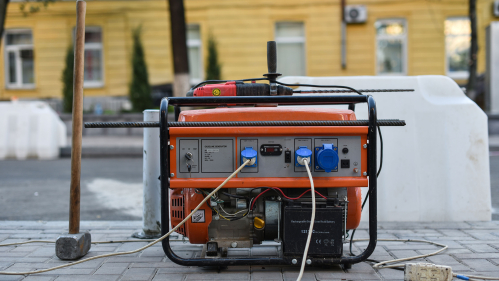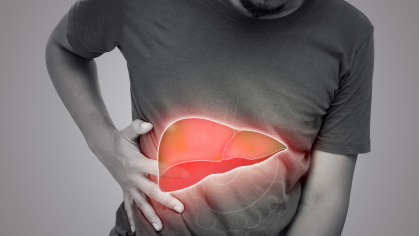Unsafe Generator Use Raises Risk of Carbon Monoxide Poisoning

Carbon monoxide poisoning calls are up at poison control centers in the region, say Rutgers experts who advise on how to use generators safely
After Tropical Storm Isaias left thousands of New Jersey residents without power, many who are turning to generators are using them unsafely. Calls relating to carbon monoxide poisoning are on the rise at poison control centers throughout the region, says Diane Calello, executive director of New Jersey Poison Control Center, based at Rutgers New Jersey Medical School.
“Carbon monoxide poisoning is an immediate and deadly danger no matter the season and especially after bad weather,” says Calello. “Carbon monoxide is a poisonous gas that gives no warning – you can’t see it, smell it or taste it. You need to be aware of carbon monoxide dangers in the home, and act fast if you suspect CO poisoning.”
Calello offers the following guidance to reduce your risk of carbon monoxide poisoning from generators and other appliances that emit carbon monoxide fumes:
- Only use generators outside. Keep them more than 20 feet from both you and your neighbor’s home, doors, windows and open garages.
- Do not bring generators, pressure washers, grills, camp stoves or other gasoline, propane, natural gas or charcoal-burning devices inside your home, basement, garage, carport, camper, boat cabin or tent – or even outside near an open window or door.
- Test carbon monoxide detectors to make sure they are working. Never remove the batteries for other uses. Plug-in CO detectors should have battery backups in the event of a power outage.
- Do not idle a car in a closed garage. Once you pull in, immediately turn off the engine. Be vigilant with “remote start” engines, which may turn on without your knowledge.
- When siphoning gasoline, use a mechanical siphon pump and not your mouth to generate suction.
If you suspect a carbon monoxide exposure, take immediate action:
- If someone is unconscious or unresponsive, get him or her out of the house and call 9-1-1 immediately.
- Exit the house/building immediately. Do not waste time opening windows. This will delay your escape and cause you to breathe in even more dangerous fumes.
- Contact your local fire department/energy provider.
- Call the New Jersey Poison Control Center (800-222-1222) for immediate medical treatment advice.


